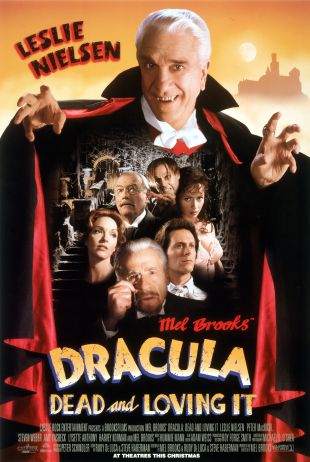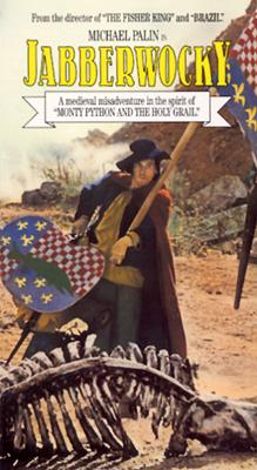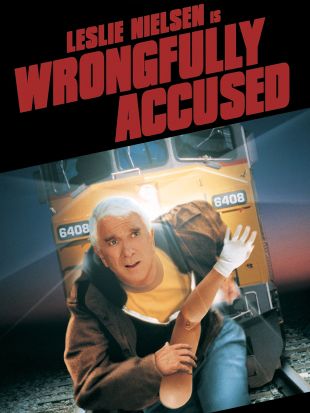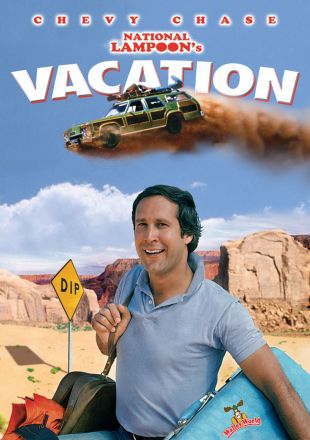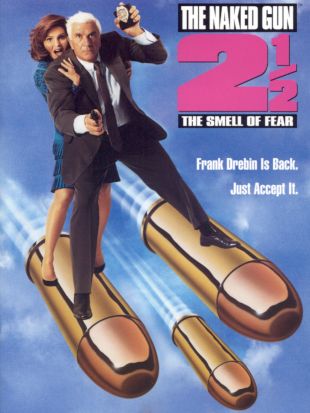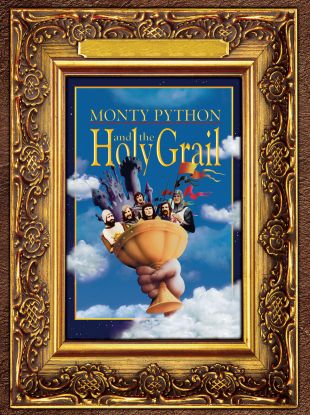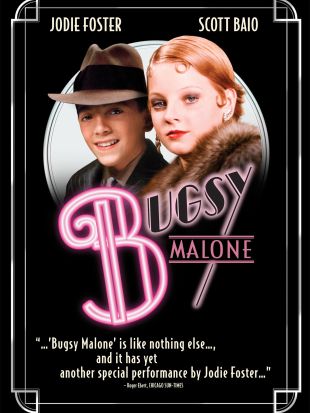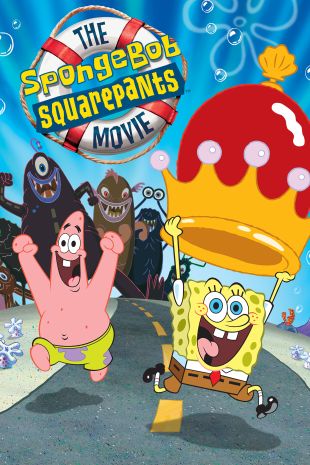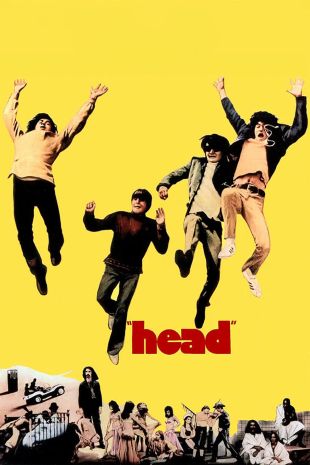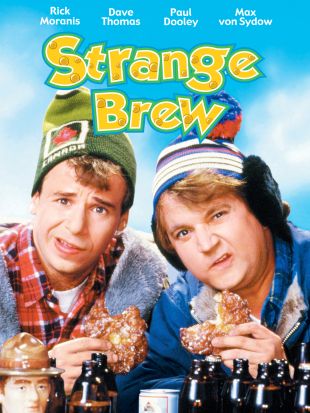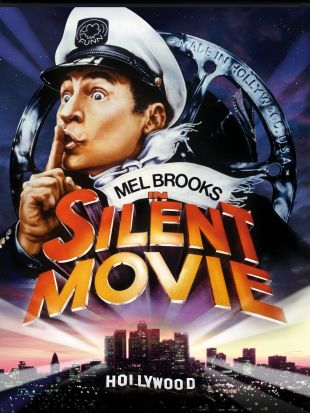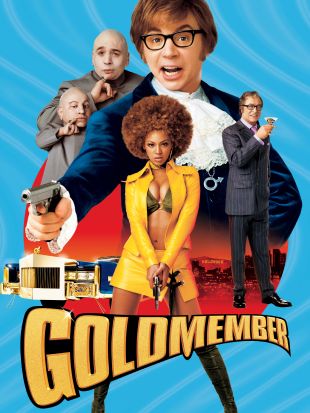Get a Life (1990)
Genres - Comedy, Drama |
Sub-Genres - Absurd Comedy, Sitcom [TV], Parody/Spoof |
Run Time - 30 min. |
Countries - United States |
Share on
Synopsis by Josh Ralske
In 1990, the upstart Fox network took a chance on a chubby, balding thirty-ish kid with a big dream, and began airing Get a Life, Late Night with David Letterman regular Chris Elliott's absurdist sitcom about a chubby, balding thirty-ish kid who lives with his parents and works as a paperboy. Actually, as Chris Peterson (Elliott) would point out, he's "head paperboy." David Mirkin, who had worked on Newhart and The Simpsons, was the executive producer, and former Late Night scribe Adam Resnick was the co-producer. Both would later go on to HBO's groundbreaking The Larry Sanders Show, as would Get a Life's writing supervisor, Bob Odenkirk, also of The Ben Stiller Show and Mr. Show. Screenwriter Charlie Kaufman, who would later write the script for Being John Malkovich, got his start writing two of the more memorable episodes of Get a Life, "Prisoner of Love" and "1977 2000." The show was also perfectly cast, with Elliott's own father, Bob Elliott, of the beloved "Bob and Ray" comedy team, cast as Chris Peterson's cantankerous father, Fred, and the lovely Elinor Donahue, who starred in the classic sitcoms Father Knows Best and The Andy Griffith Show, playing Gladys, Chris' sweet but bluntly honest mom. The first season cast was rounded out with Sam Robards as Chris' slow-witted and naïve best friend, Larry Potter, and Robin Riker as Larry's caustic wife and Chris' nemesis, Sharon. Riker was the only one of these cast members to move on to the second season. Brian Doyle-Murray was added to the cast in season two, playing Chris' perennially grumpy landlord, Gus Borden. With such an assemblage of comedic talent, and Elliott's own modest following from his hilarious Late Night appearances as "The Guy Under the Seats" and other characters, the show was predicted by some to be a hit and run for years. It even had a hit show for its lead-in (although one with, arguably, a very different target audience demographic), the urban sketch comedy show, In Living Color. But when Get a Life failed to garner an immediate following (in part due to the relative weakness of the first episode, "Terror on the Hell Loop 2000"), the fledgling network began moving it all over the Sunday night schedule. Loyal viewers, and there were some, never knew at what time the show would air from week to week. This doomed the bizarre, innovative, and very funny sitcom to even worse ratings than it would otherwise have had. It was an unusual program. Chris was a loser of epic proportions, but eternally optimistic about his prospects. He seemed to believe he could accomplish anything, whether it was becoming a male model despite his flabbiness and baldness ("The Prettiest Week of My Life"), or traveling through time to 1977 to save a friend's job ("1977 2000"). The humor was hyper-ironic, as many of Late Night's sketches had been. Get a Life was a meta-sitcom. It was rife with non-sequiturs and amusing pop culture references. The story lines ranged from outrageous parodies of ancient sitcom plots (Chris gets trapped in a meat locker with Sharon, his least favorite person) to absurd and ridiculous original stories (Chris becomes a spelling bee champion after being exposed to toxic waste). Chris also had a number of sitcom-style quirks, such as his obsession with the song "Alley Cat," and his unnoticed but seemingly supernatural ability to take a full glass of whatever beverage he wants from the refrigerator without ever opening a container or pouring. He also suffered a violent death at the end of many episodes, but it never seemed to get him down. The show was a flop and ran for only two seasons, even though it was on a network that seemed desperate for content, but it developed a passionate and loyal cult following. It has since been sporadically syndicated, and several episodes have been released on DVD. Cabin Boy, a feature film starring Elliott and featuring many of the same creative personnel, was released in 1994 to similar widespread public apathy but cult interest.
